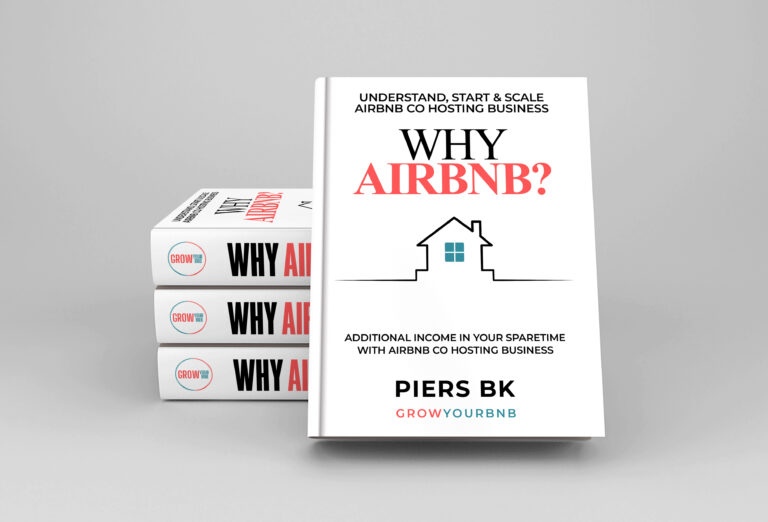Are you a UK landlord looking for ways to boost your rental income and optimize your tax strategy? Look no further than serviced accommodation! This increasingly popular option offers a win-win scenario for both landlords and tenants.
In this blog post, we’ll delve into the world of serviced accommodation in the UK, exploring its key benefits and how it can significantly improve your bottom line. We’ll also address a common concern – avoiding Section 24 tax – and explore how serviced accommodation can be a tax-efficient alternative.
What is Serviced Accommodation?
Serviced accommodation bridges the gap between traditional rentals and hotels. It offers tenants the flexibility and affordability of a rental property with the added convenience of hotel-like amenities, such as:
- Weekly cleaning
- Furnished apartments
- Utility bills included
- On-site maintenance
This type of accommodation is particularly popular with:
- Professionals on temporary assignments
- Students
- Tourists
Benefits of Serviced Accommodation for Landlords
There are several compelling reasons for UK landlords to consider serviced accommodation:
Higher Rental Yields: Serviced accommodation typically commands higher rental rates compared to traditional lets. This is due to the added value provided by the included amenities and services. Reduced Void Periods: With its appeal to a broader range of tenants, serviced accommodation can help you minimize vacancy periods and ensure a steady stream of income. Simplified Management: Serviced accommodation providers often handle most of the day-to-day management responsibilities, including cleaning, maintenance, and tenant communication, freeing up your valuable time. Tax Advantages: One of the most significant benefits of serviced accommodation for UK landlords is the potential to avoid Section 24 tax.
Avoiding Section 24 Tax with Serviced Accommodation
Section 24 tax can significantly impact your rental income in the UK. However, serviced accommodation can offer a tax-efficient alternative. By structuring your rental agreement as a Furnished Holiday Let (FHL), you may be eligible for:
Treat income as Furnished Holiday Let income: This allows you to claim capital allowances on furniture and equipment within the property, reducing your taxable profits.
Reduced tax liability: Depending on the specific circumstances, you may be able to significantly reduce your overall tax burden.
Important Note: It’s crucial to consult with a qualified tax advisor to determine if your serviced accommodation qualifies as a Furnished Holiday Let and to understand the specific tax implications for your situation.
Getting Started with Serviced Accommodation
If you’re interested in exploring serviced accommodation as a landlord in the UK, here are some initial steps:
Research the Market: Analyze the demand for serviced accommodation in your area and identify your target tenant demographic. Calculate Profit Potential: Factor in the higher rental rates, potential tax benefits, and additional management costs to determine the overall profitability. Talk to Your Existing Tenants: Gauge their interest in transitioning to a serviced accommodation model. Seek Professional Advice: Consult with a tax advisor and a serviced accommodation management company to ensure you’re maximizing the benefits and complying with all regulations.
Serviced accommodation offers a compelling opportunity for UK landlords to boost their rental income, streamline management, and potentially reduce their tax burden. By understanding the key benefits and strategic considerations, you can unlock the full potential of this exciting market.




